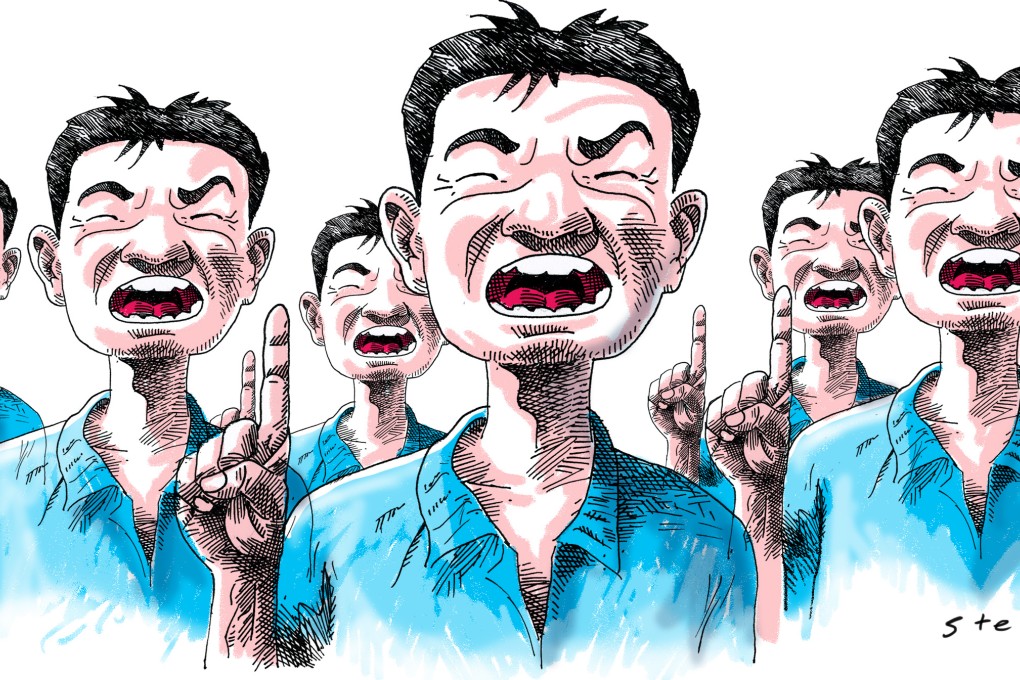Why Hong Kong’s copyright bill is no threat to free speech
Stacy Baird says the proposed exceptions, taken together, unambiguously address all the concerns, and more. In fact, it is likely to be the broadest free speech exception in copyright law anywhere in the world


To see why the concern is no longer realistic, it’s important to understand the law protecting freedom of speech in Hong Kong and the government’s proposed amendment.
If one is concerned that the government will use all means to suppress free speech, including flouting the rule of law, then it won’t matter what the copyright law says
Trumping all law, including copyright, are Hong Kong’s protections for free speech and free expression: Article 27 of the Basic Law and Article 16 of the Hong Kong Bill of Rights. The Hong Kong courts have been unyielding guardians of Hong Kong’s Bill of Rights, with rulings over the years emphasising the importance of these fundamental freedoms.
Correspondingly, section 192 of the copyright ordinance, something of a broad “public interest” exception, preserves the public interest over the copyright interest. Open public discourse on political issues and criticism of government facilitated by the right to free speech is the basis for – and most important aspect of – the right in how it serves the public interest.
Importantly, copyright only protects an expression, not an idea. Ideological, religious, political, social and economic views cannot be copyrighted. If a politician espouses ideas that one wants to challenge or use to illustrate a political concern, one may express the idea without using the exact expression of the politician.

Some raise the spectre of government influence on the courts as a potential problem, but it’s worth noting that if you get this far in the courts, you would be in a unique situation. In Hong Kong’s long history, no copyright lawsuit has been brought against an individual’s fair dealing.
